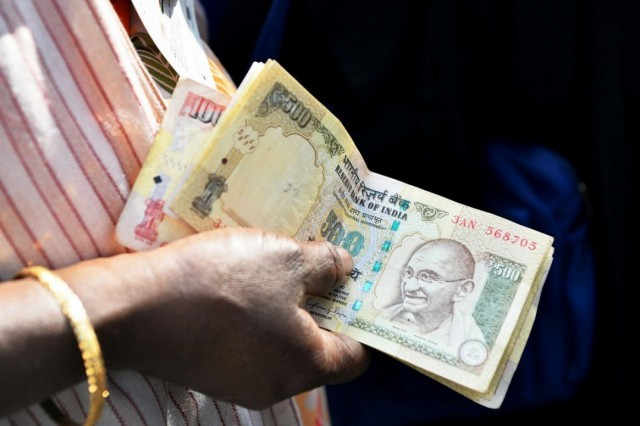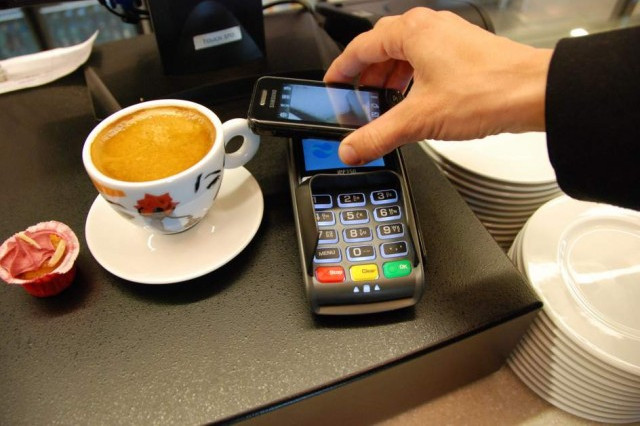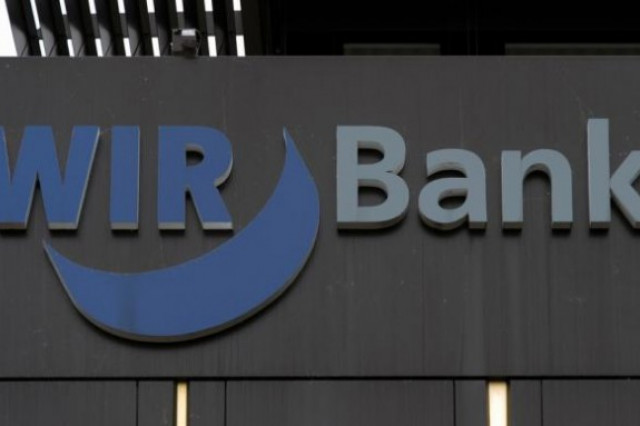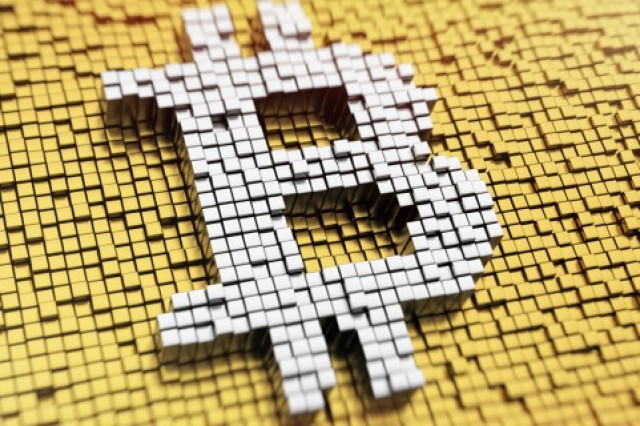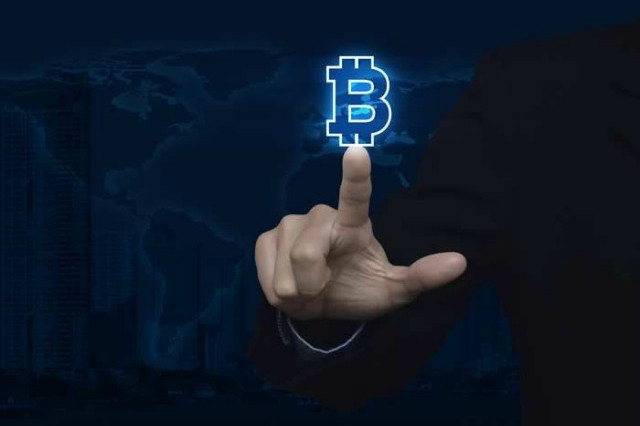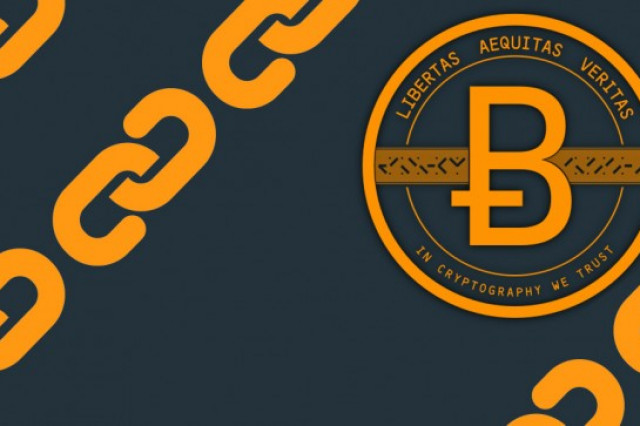Since its conception in 2009 by the mysterious Satoshi Nakamoto, Bitcoin -the main cryptocurrency in existence today- has attracted the attention of numerous technologists and economists.

In recent months, there is no week that passes without us hearing that a bank is interested in implementing Blockchain (the architecture or protocol on which Bitcoin is based) for different purposes. However, the adoption of Bitcoin as currency is far from being successful.
The purpose of this article is to clarify why. There is no doubt that Bitcoin has some desirable characteristics that make it apt to be used as money, and solve some of the problems of the money that we are currently use. However, its adoption faces significant challenges, some of which have already been discussed in Sintetia by Andrés Alonso And Abel Fernández:
- First, the adoption of any new money has to solve a monumental "chicken and egg" problem: no-one wants to use it until quite a large number of people use it, given the risk involved
- Secondly, the adoption of Bitcoin as a currency would make it impossible for central banks to implement monetary policies, which is unimaginable in the current international financial system
The key question therefore is: are the advantages of Bitcoin significant enough to overcome these obstacles?
Bitcoin has some desirable characteristics that make it apt to be used as money, and solve some of the problems of the money that we are currently use
The functions of money
One of the fundamental principles of economics is the division of labour: to maximize their wealth, each person, instead of being a self-sufficient producer/consumer, has to dedicate themselves to producing only what they are best at (where their productivity is greater) and exchange the surplus with others, to obtain what they need, but do not produce. This exchange can be done in two ways: by doing barter, as was done in primitive economies (you change 1 kg of apples for a loaf of bread), or by exchanging a product for something -let's call it money- that can later be exchanged for other products.
For all of us today (except perhaps for the supporters of the average for fairness), it seems to us that the money system with much superior to the barter one, since money facilitates enormously exchanges and therefore generates wealth for all the economic agents.
But, what exactly is money? Money is that which can perform three functions:
- Serve as a means of payment -to be able to exchange it for goods and services-
- Serve as unit of account -to be able to stipulate the prices of goods and services with itself-
- Serve as a deposit of value -to be able to store it to buy in the future without losing much purchasing power-
Money is the blood circulating through the economy.
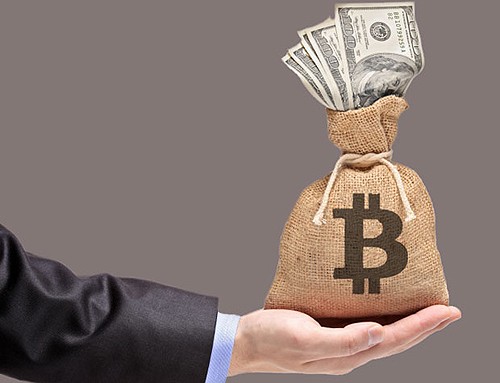
Money and trust
To be able to perform these functions correctly, we need that what we want to use as money meets certain physical characteristics, such as being difficult to falsify, easy to store, easy to carry and easy to divide into smaller units.
Throughout history, we have been used different materials whose characteristics increasingly came to resemble these ideals, among others, salt (sounds like the word salary, right?), sea shells, and precious metals such as gold and silver, up to the fiduciary money of our day: notes, coins and bits in banking computer systems.
One of the most striking things is that the intrinsic value of what has been used as money has gone losing importance over time, reaching the current extreme, where fiduciary money (which literally means based on faith) has no intrinsic value whatsoever. We have been sacrificing value for convenience.
Today, we do not accept a Euros 20 note because we believe the paper has that value. We accept it because we are almost certain that we will be able to exchange it for other things, and we also know more or less how many things we will be able to buy. With this note, we know that we can buy a book, two movie tickets or fifteen loaves of bread. The natural questions that arise are: why do people trust a currency that has no value to back it up? Why do people start using it?
We need that what we want to use as money meets certain physical characteristics, such as being difficult to falsify, easy to store, easy to carry and easy to divide into smaller units
Unlike what many people believe, the state does not impose what currency should be used within its territory. In Spain it is perfectly legal to pay the corner shopkeeper in Yen if they accept it. What the State does is to determine which currency is legal, that is, that which the State is obliged to accept when a citizen cancels the debts contracted with them (Did I hear you say taxes?). Nothing else.
However, as history shows, this endorsement by the State gives the legal tender a formidable advantage over any other, since it is quite inconvenient to operate with several different currencies in our daily life, because of the constant risk of exchange rates that we would be exposed to, especially when the volatility of the other currency is quite high.
Indeed, money has quite clear network effects (I use money because people use money and we all win) and it shows a clear tendency towards the winner-takes-all dynamic. In addition, the general public of advanced countries are quite confident that the entity that has the monopoly on the issuance of the currency (the central bank) will maintain its value stable over time, controlling inflation through monetary policy.
Monetary politics
The main objectives of monetary policy are to control inflation (prevent the currency from losing purchasing power) in the expansive part of the economic cycle and stimulate the economy (facilitating credit and investment and lowering exports) in a downturn or crisis.
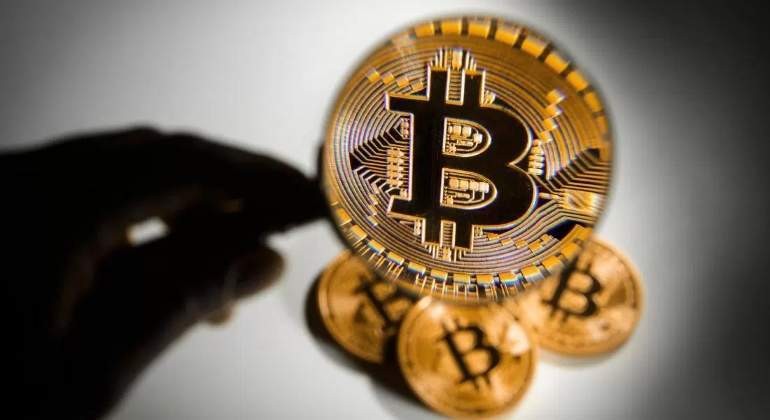
The effectiveness of monetary policy as an economic stimulus as well as its side effects are controversial issues, on which economists have not yet reached a consensus.
But it is precisely the desire to be able to implement an independent monetary policy that is the reason why there are more than 180 different currencies in circulation in the world, instead of all of us using the same one. Although the economy is increasingly interconnected, not all countries are in the same phase of the cycle at any given time, so each country wants to pursue a different monetary policy (except in the European Union, where we are so bold that we have united our currency But not our fiscal policy... and that is why it goes the way it does).
The advantages of Bitcoin
Bitcoin is attractive to its supporters for the following reasons, mainly:
- It presents all the desirable characteristics of money (practically impossible to falsify, easily transportable, storable and divisible)
- It is a distributed and autonomous system, operating outside of any central authority and, of course, the international financial system. Thanks to this, we can avoid incurring all types of commissions and transaction costs, offering services to the unbanked population as well as avoiding controls on capital
- The number of Bitcoins in circulation is not controlled by any government or central bank, which prevents them from implementing expansive monetary policies that may lead to excessive inflation (with consequent punishment of savers), or into a credit bubble with a distortion of the price of the assets
Unlike what many people believe, the state does not impose what currency should be used within its territory. In Spain it is perfectly legal to pay the corner shopkeeper in Yen if they accept it
Difficulties in adopting Bitcoin
In my opinion, it is difficult for Bitcoin to become something totally mainstream, for several reasons:
- It is more than likely that States will continue to want to have the monetary policy tool at their disposal, so they will regulate accordingly
- States are more than likely to want to safeguard the integrity of the international financial system, so they will again regulate accordingly
- Bitcoin looks quite like the gold standard, a system most economists now condemn, except for the more libertarians
- Not being a mainstream currency hampers the stability of its value, which reduces its functionality as money, which in turn reduces the stability of its value again
This last point deserves something in more detail.
Bitcoin volatility
If we cannot operate almost exclusively with Bitcoin, we will have an exposure to its exchange rate with our usual currency.
Bitcoin went from $14 in early 2013 to over $1,000 by the end of the same year. During 2014, its value plummeted 80% to $200, before finally more than doubling its value during 2015, to reach $430.
Privacy policy
As we said, it is likely that the value of Bitcoin will not stabilise until many more people adopt it. But the problem is that many people will not adopt it until Bitcoin stabilizes.
As so often happens with technology, the chart seems to follow a similar path to that described in Gartner's Hype Cycle, leaving a door open to the hope that the value will gradually stabilise.
Money is a system with quite strong network effects (perhaps the strongest?) And therefore is extremely difficult for a competitor to replace it
Conclusion
At the beginning of the article, we wondered if the advantages of Bitcoin are significant enough to be able to overcome the obstacles that it has in the face of widespread adoption as money. My conclusion is that in certain places (mainly in developing countries) and/or for certain applications (micropayments, remittances), it is possible that Bitcoin finds an significant niche thanks to the advantages that we have expressed, although I find it difficult that it will completely replace -at least in the short/medium term- the conventional fiduciary money.
A more widespread use of Bitcoin as money would require stabilization of its value, but this will only come in turn when its use is more widespread.
Likewise, the generalized use of Bitcoin would prevent the use of monetary policy by States and would greatly alter the current functioning of the international financial system. I suspect that States will legislate against such scenarios.
Without the support of States, it is difficult to displace legal tender currencies. Money is a system with quite strong network effects (perhaps the strongest?) and therefore is extremely difficult for a competitor to replace it.
Finally, I would like to make it clear that, although it seems to me unlikely that Bitcoin could be implemented as money as described above, I believe it is undoubtedly a giant technological advance, thanks to which we will see more interesting projects in coming years.
As some say, Blockchain and Bitcoin may represent a breakthrough of a magnitude similar to internet a few years ago. We only need killer applications.
As always, I am totally optimistic about it.
(*) Published in Sintetia. Reproduced here with the authorisation of the author.



